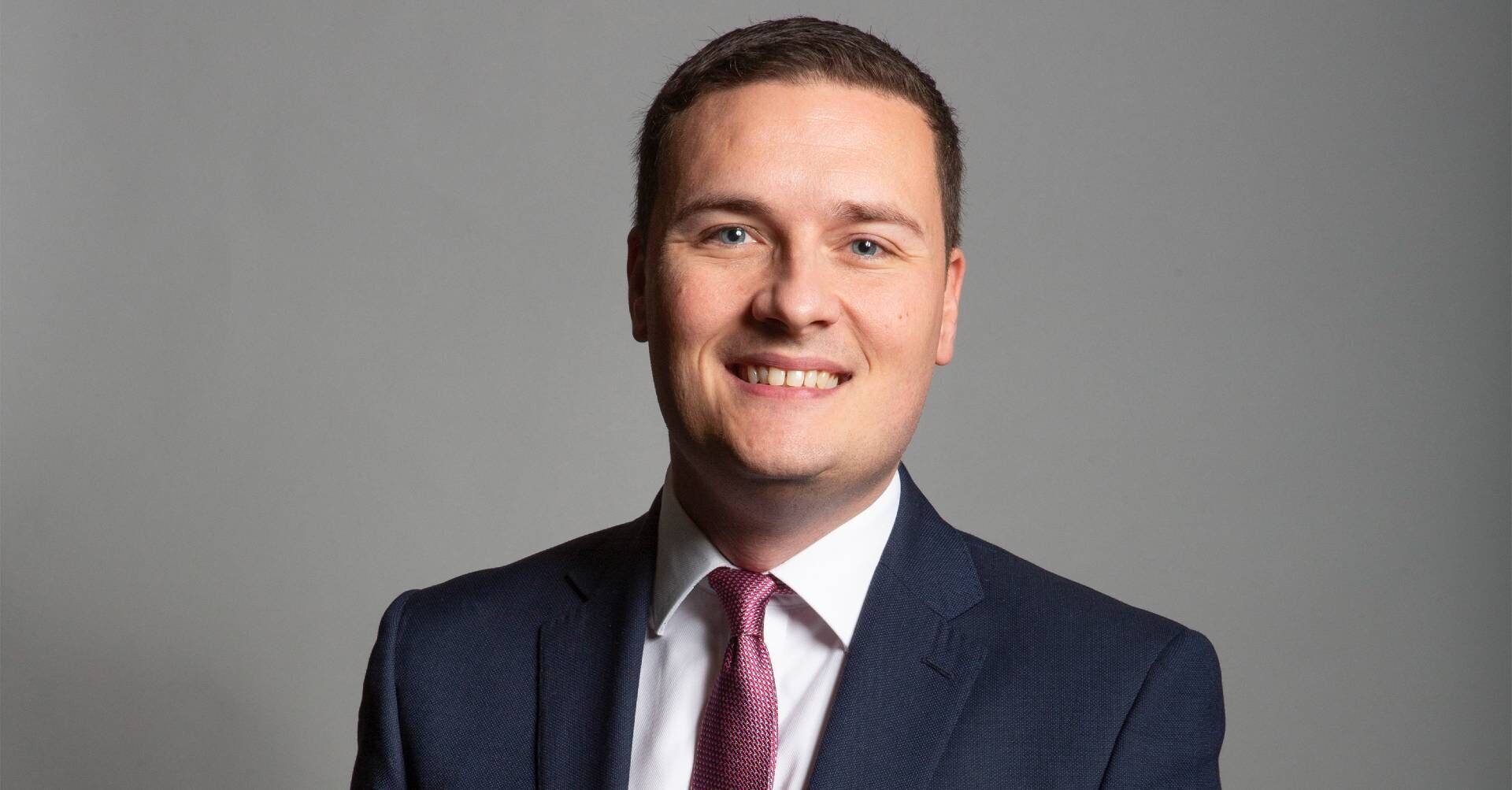Practice managers pushing for separate funding stream for GPN pay rises

Practice managers are pushing the government for a dedicated funding pot that will ensure general practice nurses and other staff receive pay rises equivalent to their NHS counterparts – and bring an end to the current ‘damaging’ two-tier approach.
The Institute of General Practice Management (IGPM) has urged ministers to establish equitable funding mechanisms with which to award practice staff pay rises following the announcement that GPs are to receive a 4% pay rise for 2025/26, as recommended by the Review Body on Doctors’ and Dentists’ Remuneration (DDRB). In addition, Agenda for Change staff will get a rise of 3.6%.
Although this decision is intended to ‘recognise the invaluable contributions of NHS staff’, the IGPM has said ‘it regrettably overlooks a significant part of the healthcare workforce – general practice staff’.
And that’s down to the way central funding for pay rises is calculated, as well as underinvestment into general practice and mounting financial pressures on surgeries, the practice manager organisation said.
The government has committed to increasing the pay element of the GP contract by 4% to cover a pay rise of the same percentage for all practice salaried staff and not just GPs.
However, Kay Keane, chair of the IGPM points out that, in reality, this funding method rarely covers the actual costs of staff pay rises since it does not include money for on-costs, such as pension contributions, and is based on the outdated assumption that staff costs only represent 44% of the value of the GP contract.
Related Article: Wes Streeting: ‘If you train to be a nurse or midwife there should be a job waiting for you’
‘Many practices say staff costs represent upwards of 85% of the GP contract,’ she told our sister title Management in Practice.
‘So, practices wanting to pass on the full 4% rise to staff will be losing money because they won’t receive adequate central funding.’
Pay increases are being made even less affordable as surgeries are also having to cover the recent rise in National Insurance contributions, which other NHS organisations have been exempted from, the IGPM said.
‘We simply cannot continue to absorb rising costs across the business — this will impact patient care,’ it warned.
The IGPM went on to say that the current system means general practice nurses, healthcare assistants, administrative staff, and other essential team members who aren’t on Agenda for Change contracts are ‘repeatedly excluded from national pay awards, despite their critical role in delivering frontline care’.
A Nursing in Practice survey of more than 550 nursing staff working in GP practices last autumn found that half of GP nursing staff across the UK have not yet had a pay rise for 2024/25. Of those who did receive an uplift, only around one in six (16%) were awarded the 6% recommended by the government in England.
A special General practice nurse pay: A salary survey of the profession 2025 report – produced with our sister title Management in Practice – also revealed that the average salary of a full-time (or full-time equivalent) GPN working in the UK is only £35,057 and lags behind those working in NHS hospitals.
The IGPM said it wants the government to address the inequality of ‘selective uplifts’ and stands firmly against a two-tier system.
‘We advocate for fairness across the workforce,’ it said.
Related Article: New plan to ‘guarantee’ more jobs for newly qualified nurses
‘Applying national uplifts to some NHS staff while leaving others out entirely is divisive and damaging. It creates tension within teams and risks undervaluing essential roles such as administration, reception, and wider support staff.’
The IGPM has said it would advocate an independent NHS pay review panel with multi-disciplinary representation from, for example, economists, independent advisors, practice managers, nurses, allied health professionals and patients.
‘This would create a more rounded view of pay pressures across the entire workforce, not just doctors and dentists,’ Ms Keane added.
The practice manager organisation is due to meet the BMA’s GP Committee this week to discuss pay issues and is also meeting with a team from the Treasury in July.
‘General practice is the cornerstone of the NHS, managing most patient interactions and playing a vital role in preventative care. Fair compensation is not just a moral issue; it is essential for the sustainability and success of the NHS,’ the IGPM said.
Earlier this week the RCN criticised the government for its lack of ‘clear’ messaging around a pay rise for general practice nurses (GPNs) for 2025/26.
Related Article: Consultation proposes widening physiotherapist prescribing powers
RCN England director Patricia Marquis also stressed that ‘guarantees’ must be put in place to ensure any uplift to the pay element of the GP contract will translate into a pay rise for general practice nursing staff this year.
Meanwhile, GP practices in Wales will be asked by the Welsh Government to confirm that any agreed pay uplift has been passed on to GPNs.
A version of this article was first published by our sister title Management in Practice.

See how our symptom tool can help you make better sense of patient presentations
Click here to search a symptom





![Menopause: identification and management [NG23]](https://s3-eu-west-2.amazonaws.com/images.nursinginpractice.com/wp-media-folder-nursing-in-practice/wp-content/uploads/2025/03/PULSE-NIP-UPLOAD-BAYER-NICE-MENOPAUSE-A5-HANDBOOK.jpg)
